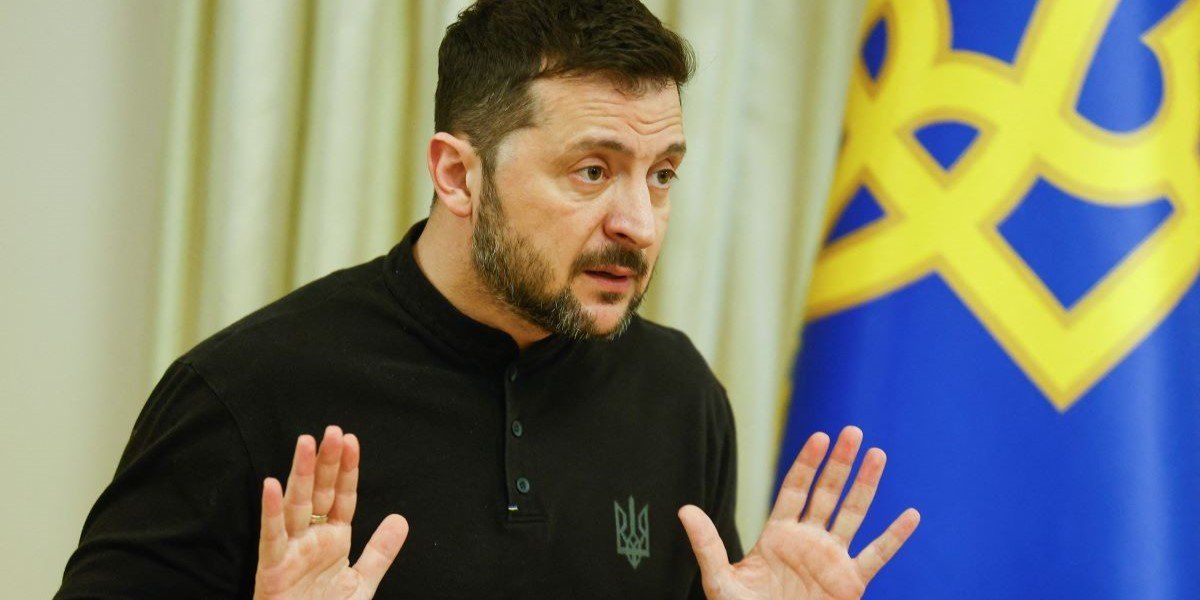The United States announced on Tuesday that Russia and Ukraine had verbally agreed to a temporary ceasefire in the Black Sea and a moratorium on energy infrastructure strikes. Ukraine confirmed the agreement — which followed marathon talks in Riyadh — and Ukrainian President Volodymyr Zelensky said he was grateful to the US for brokering it. But soon after, Moscow introduced fresh conditions for agreeing to a limited ceasefire, including the removal of sanctions on certain Russian banks and exports. Even Donald Trump, in response to Russia’s apparent bait and switch, remarked “it could be they’re dragging their feet,” but said he remained confident that Vladimir Putin wants to strike a deal.
Clouds of war: Russia, meanwhile, is seeking to gain as much ground as possible in Ukraine before there’s a more expansive pause in fighting, incentivizing it to drag out negotiations. On Monday, the Kremlin launched missiles on a residential area in the northeastern city of Sumy that injured 88 people, and a cyberattack hit Ukraine’s ticketing system, resulting in long waits at railway stations. In response, Ukrainian forces struck Russia’s civilian energy infrastructure, which is included in the outline of Tuesday’s ceasefire.
What Ukrainians want: An overwhelming majority of Ukrainians support a broad 30-day truce, according to a March Kyiv International Institute of Sociology poll. But just 16% said they would agree to Russia’s publicly stated terms for a fuller ceasefire, with 79% calling it “completely unacceptable.”
What comes next? Trump maintains that he believes both sides want to see an end to the war, and he reiterated that “I just want to see it stop. I also don’t want to pay.” What’s crystal clear is that further talks will be necessary, highlighting how this is merely a bump on the long road to peace in war-torn Ukraine.
“The US can seek to convert these agreements into a broader ceasefire, provided that they hold,” says Alex Brideau, Russia director at Eurasia Group. “The back-and-forth talks the Americans have had with the Ukrainians and Russians demonstrate the challenges the Trump administration will face.”
